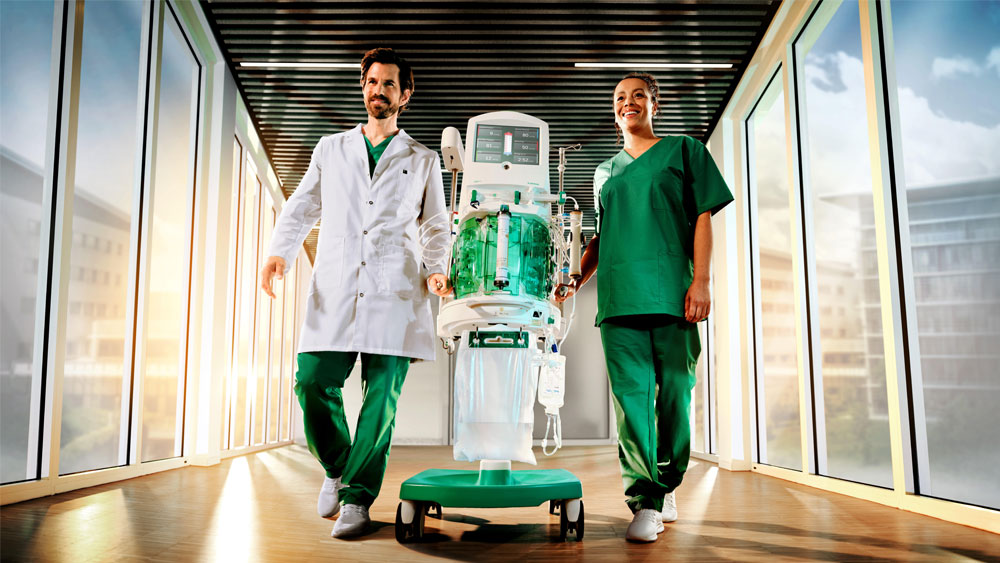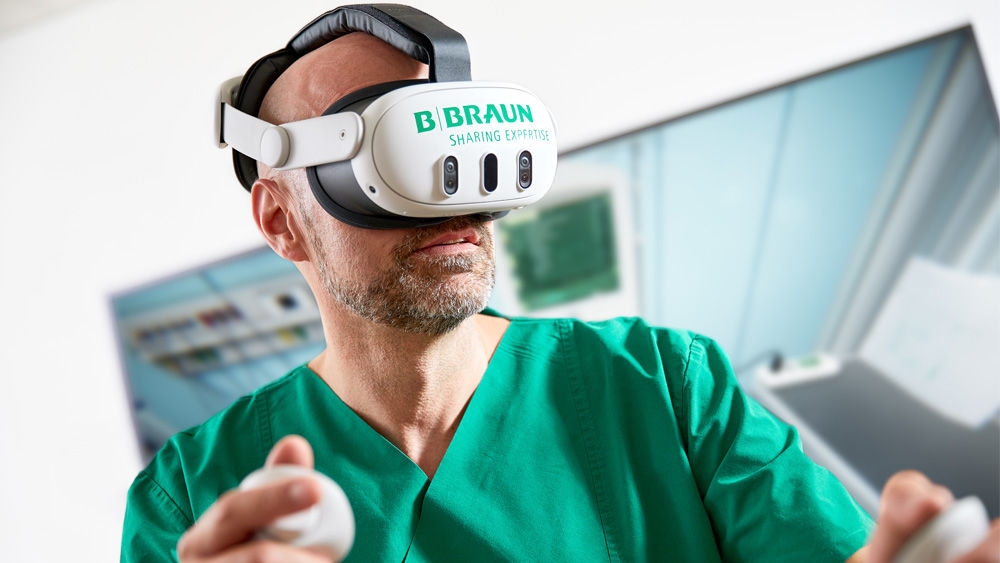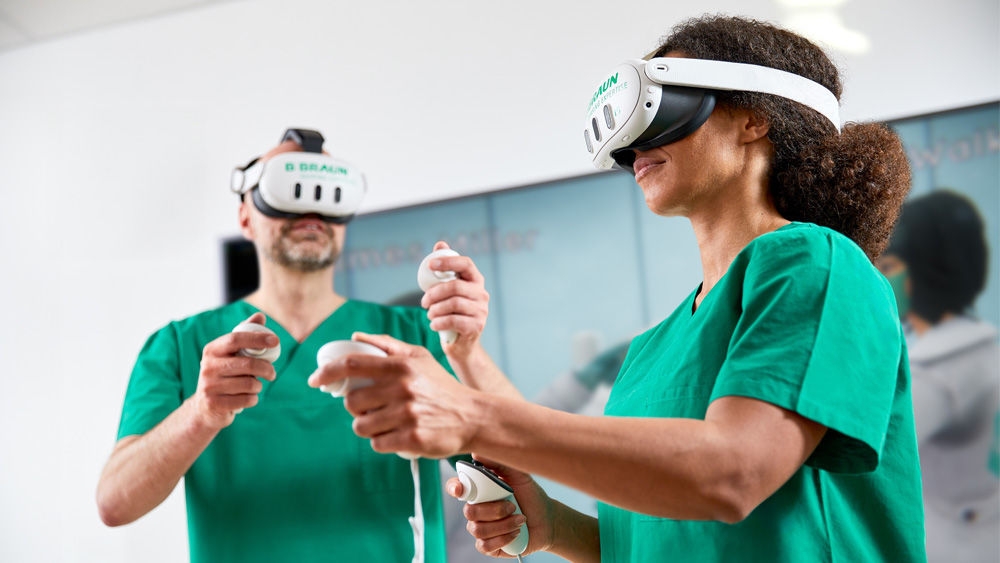No content results match your keyword.
Content
You have successfully logged out.
Not registered yet?
Expertise in the ICU
Patients in ICUs require a complex combination of care and treatment modalities. In this environment, continuous renal replacement therapies (CRRT) play a key role. Accurately administered CRRT treatment provided by well-trained staff is essential. Utilizing our OMNI advanced blood purification systems with intelligent alarm management and exact, personalized renal dosing can help to improve patient outcomes.

Co-created with clinicians to deliver greater performance, simplicity, and flexibility in extracorporeal blood treatment.*
* compared to OMNI®


OMNI VR training for ICU
Ongoing workflows in an ICU are often complex and stressful. Staff must handle numerous machines, manage alarms that can raise stress levels, and sometimes have to cope with personnel shortages. This makes training all the more important. VR training for the OMNI acute dialysis machine is intended to enhance application safety, reduce anxiety, and improve patient care.
More confidence. Better care.
Up to
0%
of ICU nurses reported feeling unprepared to use certain medical devices, which directly impacted their confidence and performance.1
0%
of staff experienced emotional exhaustion.2

“The VR ICU system has significantly enhanced our training by providing realistic simulations that replicate the intensive care environment, allowing for repeated practice without risk to patients. The detailed feedback and flexible training options have notably improved our skills, effectiveness, and confidence in real-world practice.”
Expand your knowledge quickly and effectively with our immersive VR training. Our VR training program is designed for both head nurses and regular nursing staff. It provides a risk-free, contactless learning environment for highly effective practice. This can help you and your team to become more familiar with the equipment - boosting confidence and reducing anxiety.


Experience the future of medical training with cutting-edge VR technology. Learn virtually together with colleagues around the world, in your preferred language, with full flexibility and independent from time and location restraints.
Download Info Sheet
“When the machine is being used on a real patient, it is necessary to give nurses another opportunity to learn, because it is not possible to train staff on a machine that is running.”
Our experts will get in contact with you to schedule a VR training demo.
Your feedback matters! Participate in our customer survey to help us enhance our website, products and services. Thank you for your support!